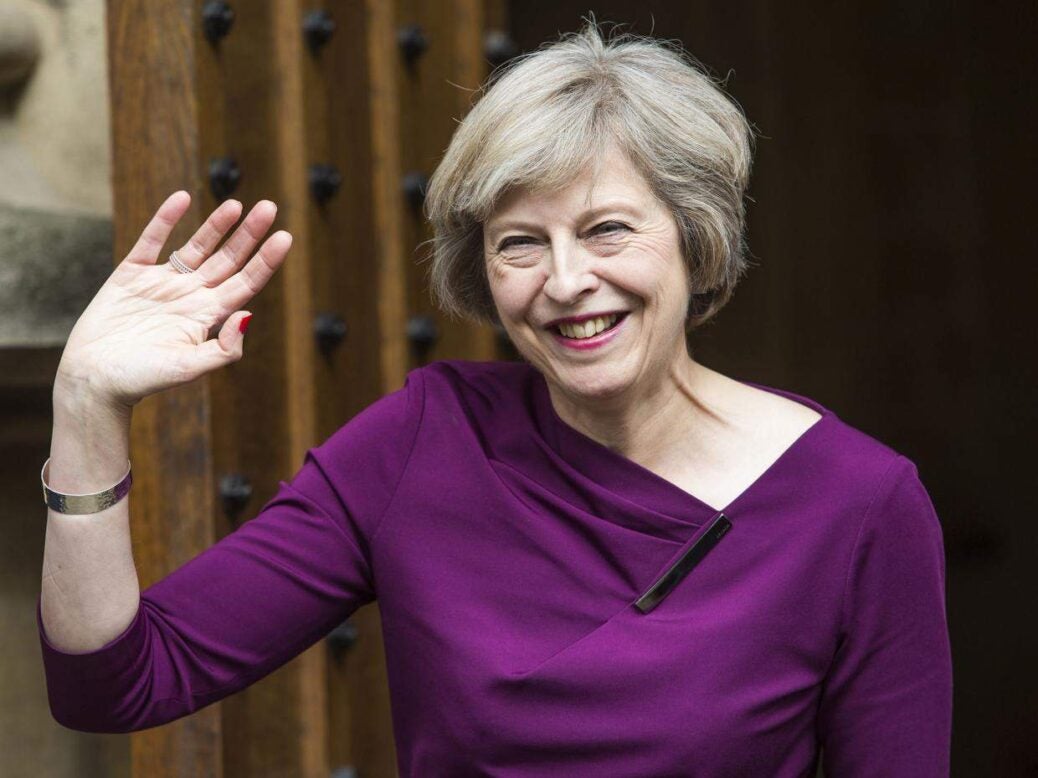
With the EU referendum compared to a natural disaster by the OECD, plans to avert Brexit are ten-a-penny (or eleven-point-nine-a-eurocent) and the democracy Theresa May is inheriting is far from comprehensive, writes John Underwood.
Whatever other damage last month’s referendum may have done to the UK’s economy, it has been a positive windfall for the speculative blogging industry. The reason? In our increasingly big-data-driven world, where algorithms are working to predict everything from your shopping habits to your procreative intentions, we are, for once, in a situation entirely without precedent.
The Office for Economic Co-Operation and Development has been forced to suspend its monthly publication of economic indicators in the wake of the UK referendum, comparing the scale of its global economic effects to the 2011 Japan earthquake. The pound has ‘beaten’ the Argentine peso to become 2016’s worst-performing currency, and every institution from Downing Street down seems still to be in a post-results daze. (A handful of savvy fund managers have of course made a fortune by betting on Brexit; although I doubt such opportunism was hardly the intention of the average Leave voter.)
Of course, the Leave campaign’s vision of a strong, independent Britain trading with the world to everyone’s advantage could still come to pass… but not everyone’s willing to leave it up to chance. Writing for Spear’s just last week, Mark Stephens CBE observed that it may be illegal for the British executive to trigger Article 50 of the Treaty of Lisbon without the consent of the legislature. Just days ago, more than a thousand barristers signed a letter to the Prime Minister arguing that Parliament must have a free vote on the result of the advisory referendum. Jolyon Maugham QC has set out to raise £10,000 by crowdfunding to seek advice from constitutional law experts. And most tellingly of all, Mishcon de Reya has launched a legal challenge to the unilateral triggering of Article 50 on behalf of an anonymous cabal of clients.
Many pro-Brexit figures are dismissing any such appeals as sour grapes, whether they’re backed by professionals or by the four million British citizens and UK residents who signed a petition pleading for a second referendum. This is natural and not without justification; were the situation reversed, Nigel Farage’s demands for a recount would certainly be being shouted down by relieved Remainers. However, an unprecedented cross-section of society does currently seem determined to challenge due political and legal process in pursuit of their own ends.
Theresa May, who rightly condemned Gordon Brown’s 2007 coronation, has been anointed Prime Minister without even the formality of a complete leadership contest. Jeremy Corbyn, whose party runs the risk of being rendered permanently unelectable by an 80s-style gang of militant wagon-jumpers, is refusing to countenance discussion of his own tenuous position by Labour’s NEC. The government faces the prospect of multiple legal challenges to its authority, not least as regards the developing election expenses scandal. And Matt Le Blanc, surely a General Motors sleeper agent, has unseated Chris Evans as lead presenter of Top Gear – a position he earned fair and square via the traditional method of being the most irritating 50-something man in the country.
Every faction currently manoeuvring in Westminster professes to be doing so on behalf of democracy, even when their campaigns are at loggerheads. Democracy, we are assured, will be best served by a) a snap General Election or b) respect for the existing Tory mandate; c) electing a Labour leader supported by the PLP or d) cleaving to the will of the grassroots; e) giving Parliament the final say on Brexit or f) treating the public vote as binding. This refusal even to agree on the logical framework within which to proceed and face the UK’s biggest challenge in decades is at least as damaging as any of the individual power struggles; a clear and coherent vision of the near future would surely pacify the markets, and might do something to subdue those who are even now turning from putting petitions on Twitter to putting bricks through windows.
Ironically, a referendum intended to finally put the European question to bed, one way or another, has left us more confused over the uncertain and parlous concept of ‘sovereignty’ than ever before. And if our instinctive response to an event of the magnitude of last month’s vote is really to vacillate in political limbo, bereft of strategy or leadership, then perhaps at heart we’re more European than we’d like to admit.







